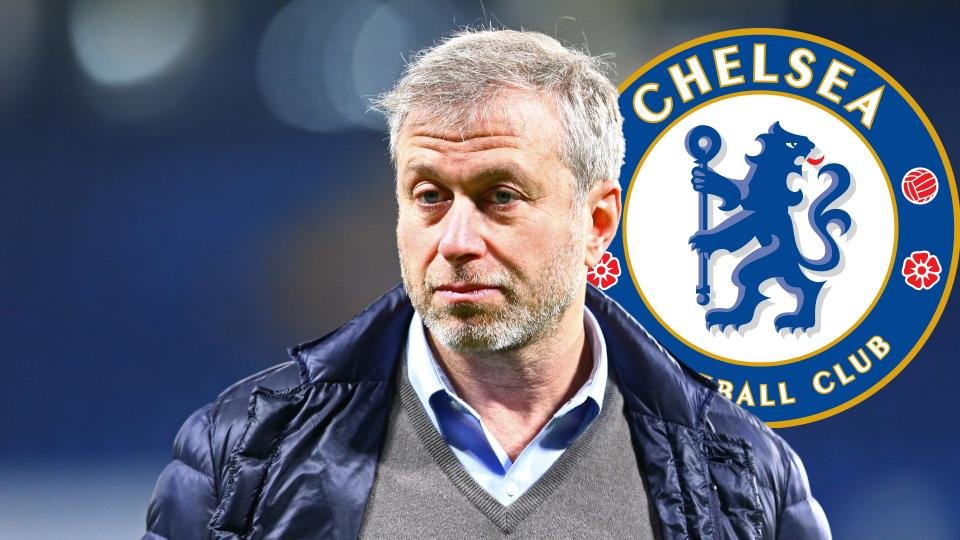

Premier League
UK Government Threatens Legal Action Against Abramovich Over Chelsea Sale Proceeds
Britain has threatened to take legal action against Russian businessman Roman Abramovich over the frozen £2.5 billion proceeds from his sale of Chelsea Football Club.
The authorities intend to redirect the funds to support victims of Russia’s war in Ukraine.
Britain sanctioned Abramovich after Moscow on Russian oligarchs after Moscow invaded Ukraine in 2022, triggering a rushed sale of the Premier League club and freezing of the proceeds.
Britain insists that the funds be used exclusively in Ukraine, aligning with a broader European effort to make Moscow bear responsibility for the deaths and destruction caused by its invasion.
Abramovich, however, is seeking greater flexibility and wants the money to be allocated to all victims of the conflict.
In a rare joint statement, BritisFinance Minister Rachel Reeves and Foreign Minister David Lammy said on Tuesday the government was ready to step up efforts to secure the money.
”The government is determined to see the proceeds from the sale of Chelsea Football Club reach humanitarian causes in Ukraine, following Russia’s illegal full-scale invasion.
”We are deeply frustrated that it has not been possible to reach an agreement on this with Mr Abramovich so far,” they said.
They said the door for negotiations would remain open but that they were “fully prepared to pursue this through the courts if required.”
A lawyer for Abramovich in Britain did not immediately respond to a request for comment.
Reuters reported in March that Britain was considering legal action over the issue.
Under Abramovich’s ownership, Chelsea experienced its most successful period in history before the club was sold to a consortium led by U.S. investor Todd Boehly and private equity firm Clearlake Capital in May 2022.
The proceeds from the sale are currently frozen in a British bank account. They cannot be moved or used without a license from the Office of Financial Sanctions Implementation, the agency responsible for enforcing sanctions.
This restriction aims to control the funds until a final decision is made on their future use.













